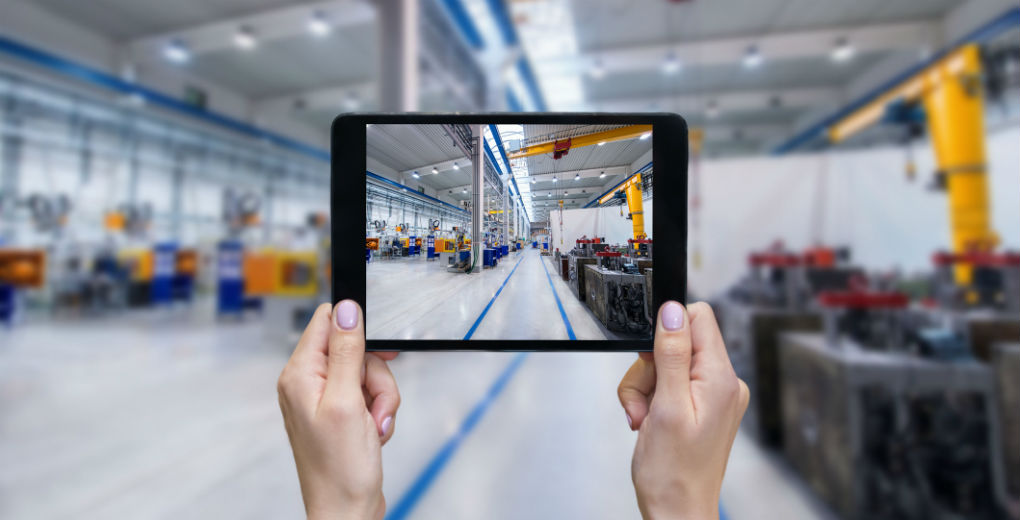
Buying vs leasing equipment: Which is right for your business?
As a business owner, you will inevitably need to update your business equipment at some point – whether it’s investing in new computer hardware or replacing old machinery with the latest versions.
Renovating your equipment can have far-reaching positive impacts, from keeping up with ever-changing technology and maintaining cyber security, to improving yield, outputs and workplace safety.
But when it comes to acquiring new assets, you can usually choose between buying outright and leasing. Which should your business choose?
Leasing/Hire Purchase
Pros
- Leasing can have a less severe impact on your books than buying expensive equipment outright, as you don’t have to outlay the full cost at once.
- You can often get maintenance included in the lease deal, helping with inspections or repair work. Although watch out – sometimes you are required to pay for this as part of your contract, so check the terms of the agreement and make sure you add it into the budget.
- Leasing business equipment can also be advantageous if the equipment you’re buying is likely to date, or new technology will soon replace it, as you will often have access to a periodic update or newer replacement equipment as part of the deal.
- Leasing can also offer tax benefits, as the full cost can usually be deducted from taxable income, as if you have bought it outright.
Cons
- Although spreading the cost can help even out cashflow, you may end up paying a higher total amount than if you’d purchased it outright.
- The equipment also remains property of the supplier, rather than your business, unless you are on a Hire Purchase contract. In that case, there is a chance the equipment will be obsolete by the time you have paid it off.
Buying
Pros
- Buying new equipment outright avoids being tied into a long deal with a leaser, which can cause problems if your circumstances change in future.
- Again, there are tax benefits. Small businesses are able to deduct a percentage of IT investments from their taxable income.
- Leasing comes with lots of admin, whereas buying outright avoids the paperwork. Leasing agencies are also very likely to look into your finances and carry out credit checks. If you have a low credit rating, deals will cost you more.
Cons
- Depending on the retail price of the equipment you need, paying the full cost up front may be a strain. You’ll need to decide if this is something your business can budget for.
- If the equipment is likely to become outdated quickly, or needs replacing, you may find yourself having to pay the same cost again in a year or few years’ time.
Whether you have chosen to lease or buy your new equipment, protect it with an appropriate business contents insurance policy. Give MCM a call today to make sure this vital cover is included in your commercial insurance arrangements.
